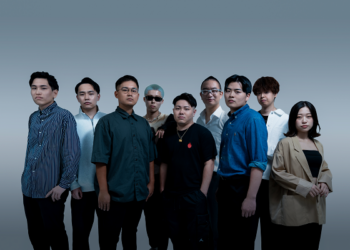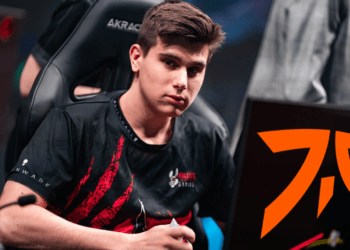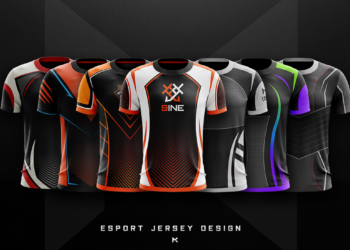As the younger generation grows, so does Esports. In this article, we take a look at the Esports growth in the world.
Esports is favored more gradually as time passes. However, it is still viewed as something negative in some countries. There is a divide among people, as some view Esports as an unresourceful use of time. On the other hand, some have started appreciating the talent and skills involved in pursuing it as a career.
While the public remains split, Esports has continued to trend globally.
Esports Growth
Esports Growth In Korea

Currently, esports is massive in South Korean culture. Many pro gamers have celebrity status. They have competitions and children initiating their whole careers through online platforms. Esports has even become a source of earning for many people involved in it. It all began with an indulgence in esports as a hobby. The lifestyle of Koreans has a competitive academic structure. So, to make the routine more enjoyable, they incorporated videogames. They served as a source of escape. However, due to increased interest and technological advancement, a new era for esports emerged.
The transformation of video games from a hobby to proper courses in universities took place in a couple of years. This gradual process allowed many people to start accepting esports. Parents became more accepting of pursuing esports as a career. The addition of studying Esports with a curriculum and degree gave it an official appeal as well.
The curriculum consists of various components, such as the understanding of Esports as a business and its workings. There are also courses for studying and implementing game strategies, psychology, and ethics. The teachers of the courses are also gamers with experience in the industry.
Starcraft 2 is the most popular video game in Korea. It landed with the title of being the national sport, selling 4-5 million copies in Korea. Video game fans are abundant in the country, each one either following a pro gamer or in the process of becoming one.
Esports Growth In Germany

To juxtapose Korea, Germany exists as an example that does not favor Esports. While the growing culture has changed many opinions worldwide, German officials provide no support for it. Over the years, instead of promoting Esports, German Politicians speak against the usage of ‘Sports’ with video gaming. To top off with the political divide, German Olympic officials have also denied thinking of videogame culture as a sport. Although there are differentiating opinions about Esports in Germany, there is undoubtedly less support from the people in power.
The federation of German Olympic Sports has restricted the legal recognition of Esports. They even tried promoting Esports as ”Egaming” so the concept of sports on the screen is not as legitimate.
The difference between Korea and Germany is extreme. But various social and cultural factors influence it. Germany is proof that even though Esports is growing, it still has resistance is some parts of the world. It also highlights the different perspectives people have about Gaming that continues to grow too.
Esports: A Global Phenomenon

Other than Korea and Germany, Esports has still captured the vast audiences of India, China, and most East Asian countries. The people regularly play and participate in competitions. And even the Olympics have taken place in these countries. Across the globe, the waves of Esports have also impacted America. They have infiltrated both the schools and homes of Americans, with more and more children joining teams to participate at more prominent platforms.
Africa and Europe, on the other hand, are taking it slow. Esports has not yet won the hearts of many people residing there. And its legitimacy is still questioned in many societies. The fans in Europe, however, are slowly increasing. Africa still has a long way to go and explore in Esports. Many other countries are still discovering the market for Esports.
Esports is estimated to increase in popularity further. And with time will reach its peak potential.










































